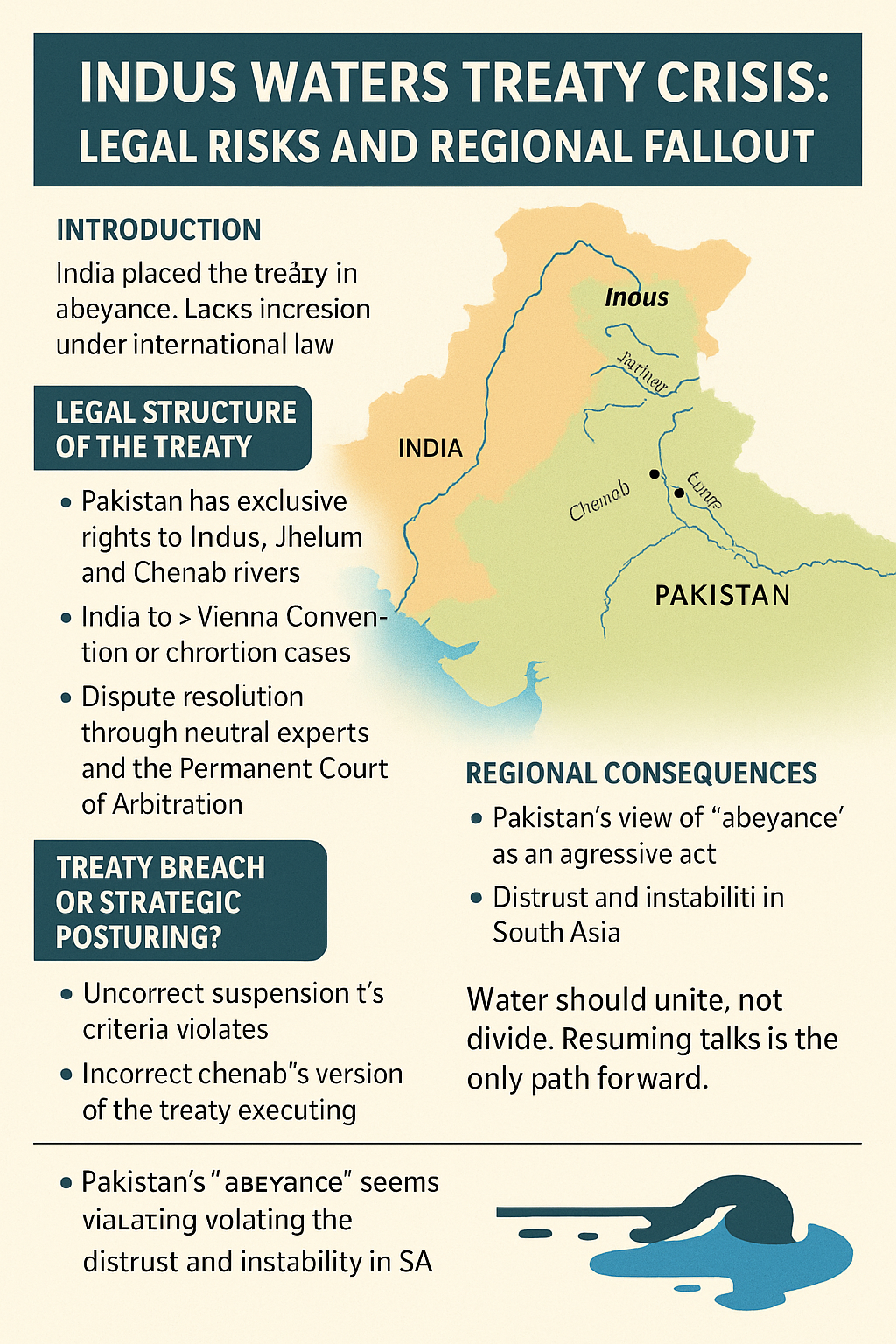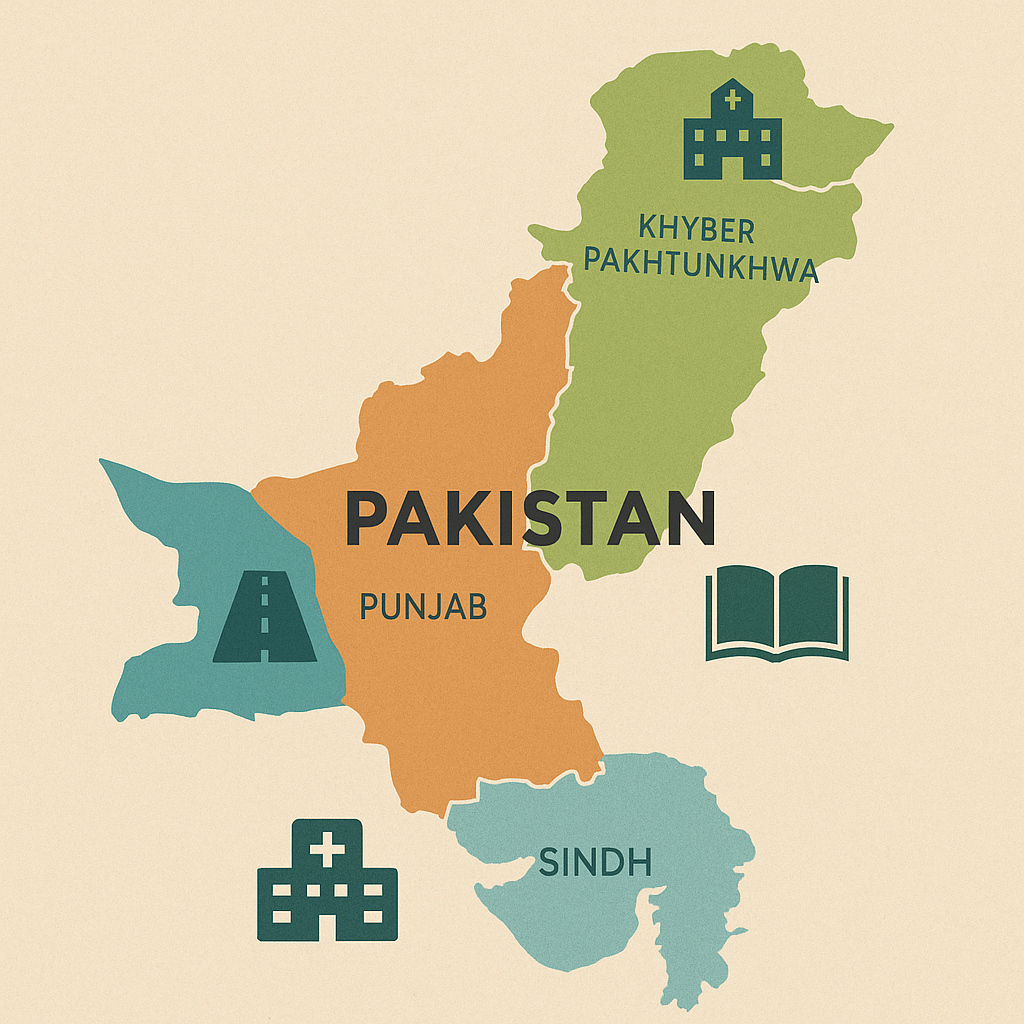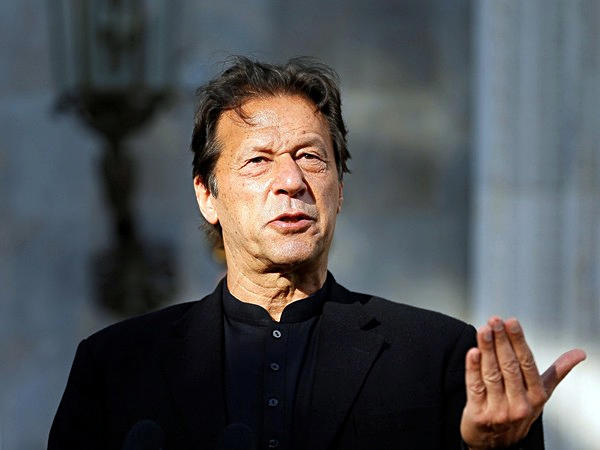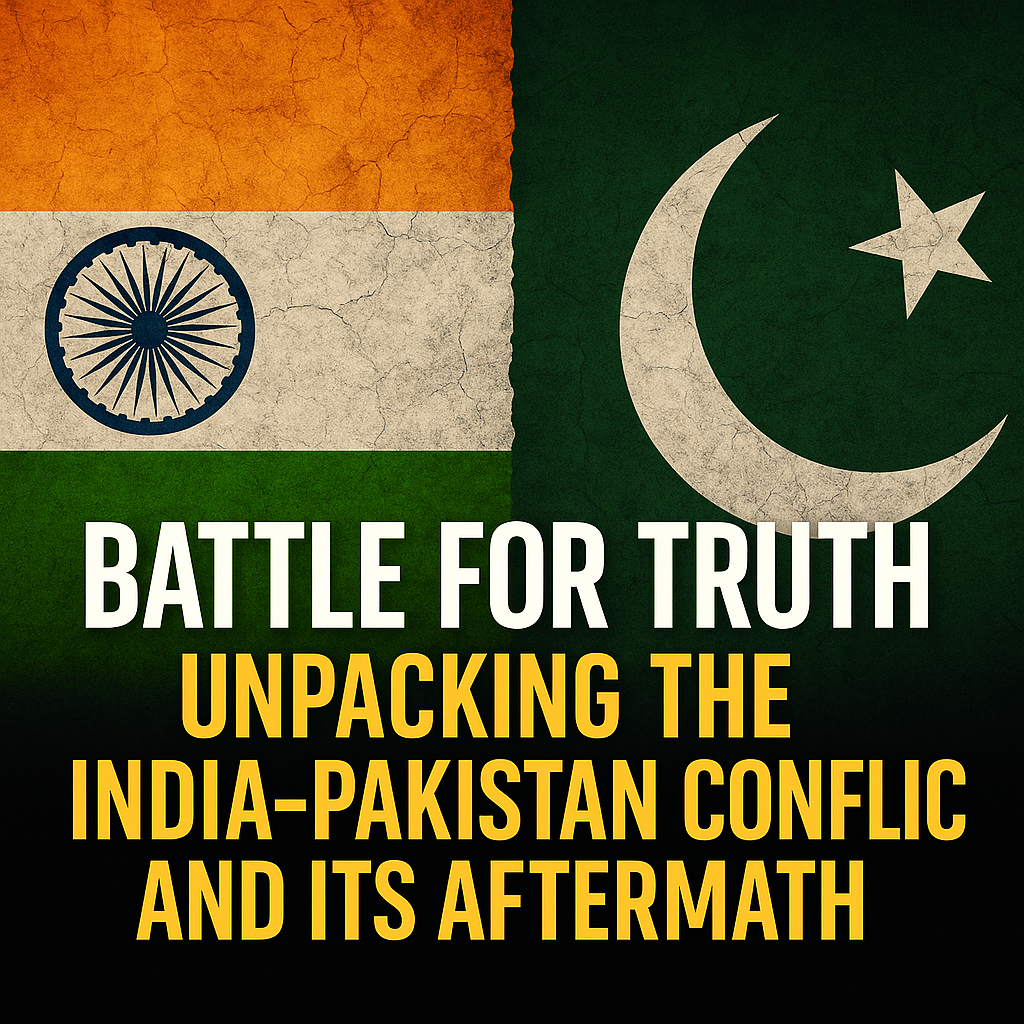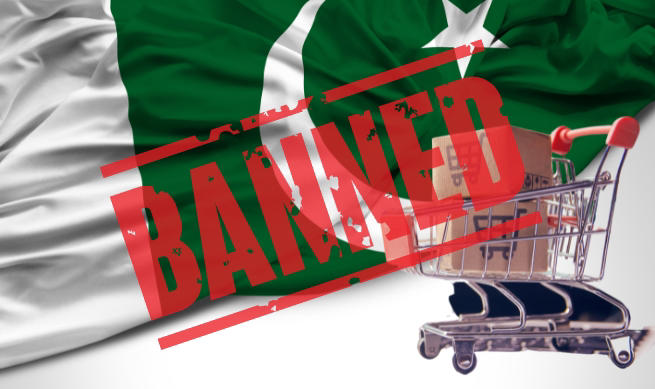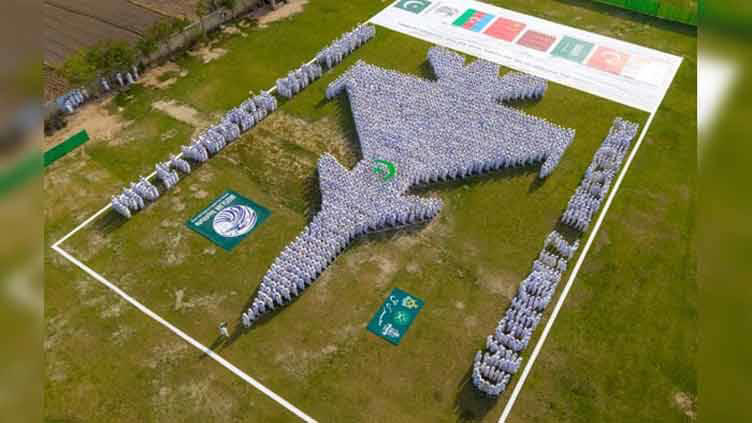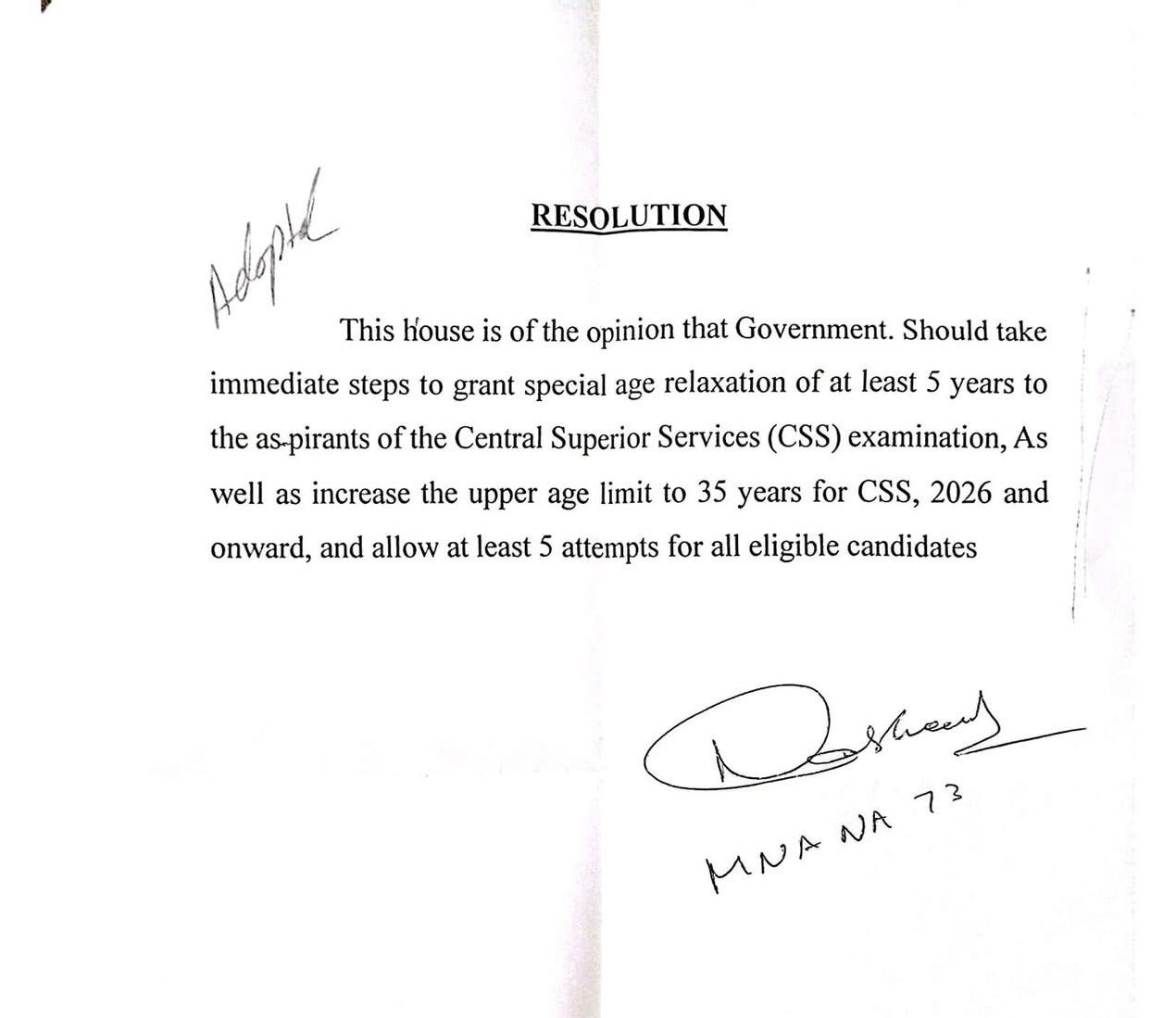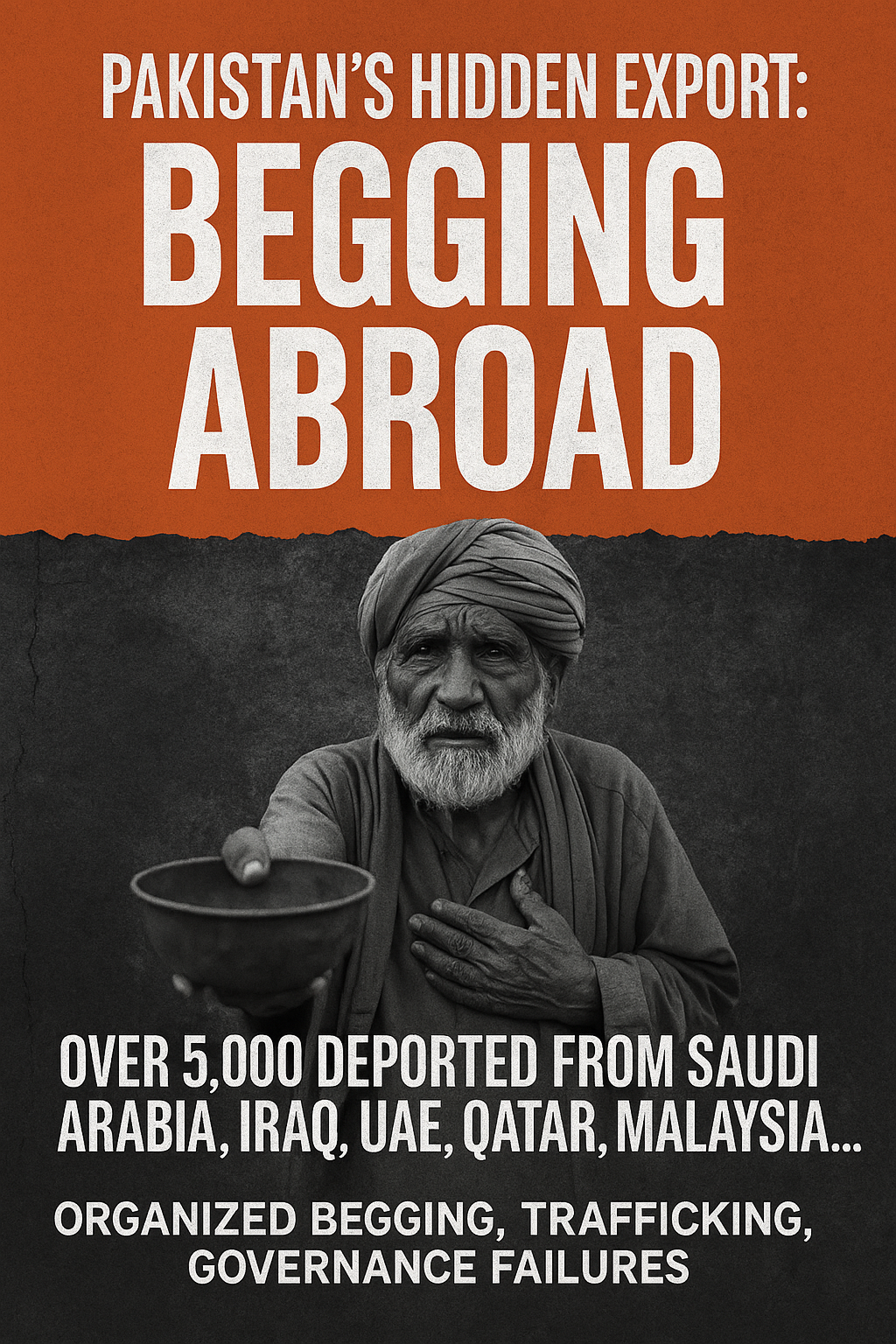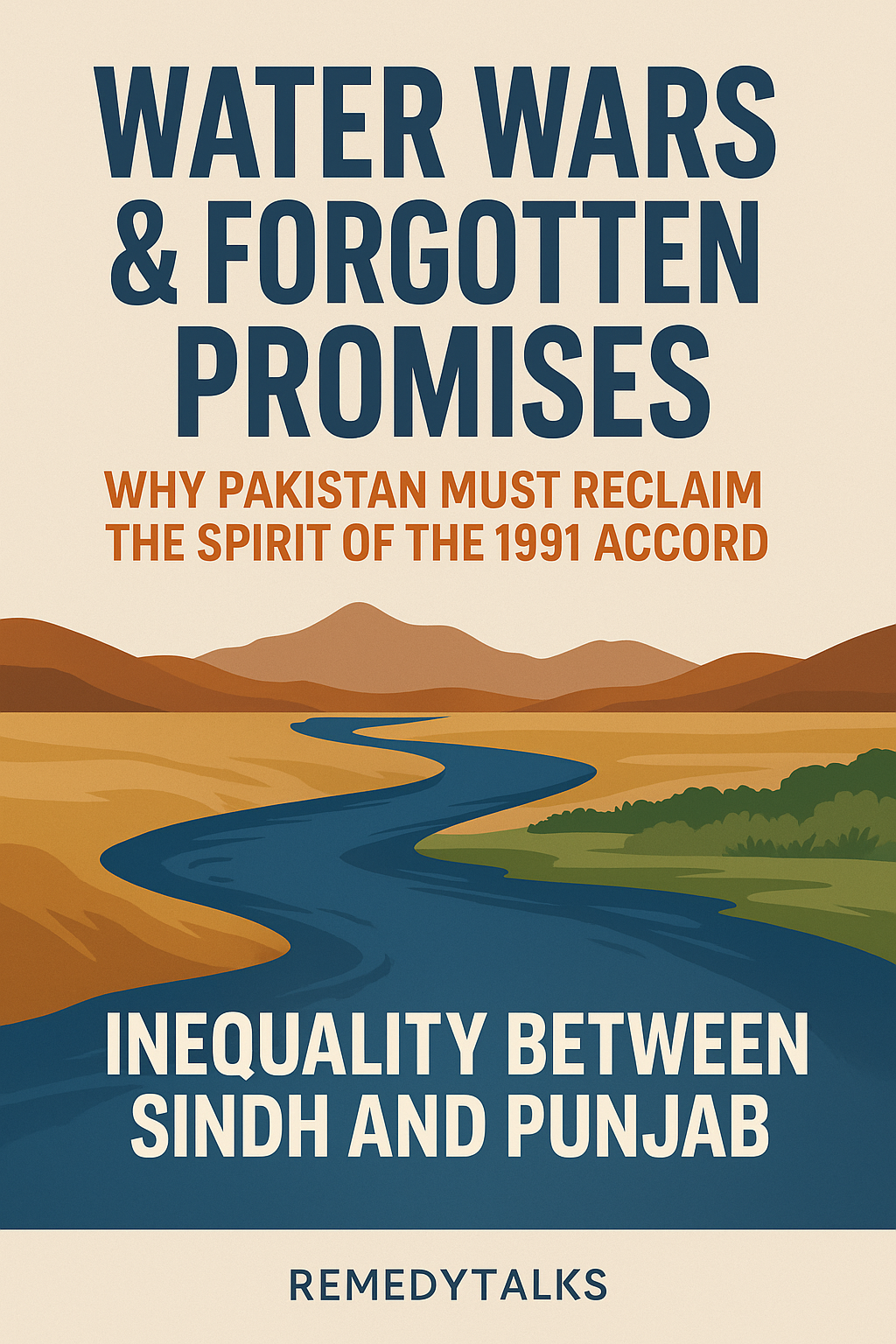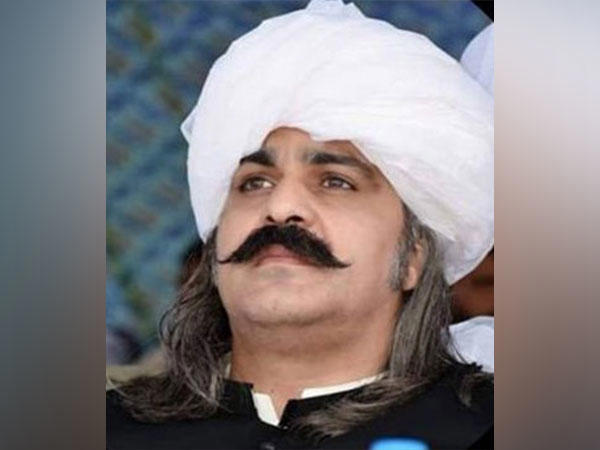For over six decades, the Indus Waters Treaty (IWT) has served as a rare example of cooperation between India and Pakistan in a highly strained bilateral relationship. Signed in 1960 and brokered by the World Bank, it distributed control of six rivers: the eastern three (Ravi, Sutlej, and Beas) to India and the western three (Indus, Jhelum, and Chenab) to Pakistan.
Pakistan is a country of diverse ethnic, linguistic, and cultural identities spread across its provinces. Yet, this richness has long been overshadowed by regional disparities and historical grievances. The uneven distribution of resources has led to underdevelopment in several regions, particularly Balochistan, Gilgit-Baltistan, southern Punjab, and parts of Sindh and Khyber Pakhtunkhwa.
“For the third time this month, Pakistan’s courts have postponed Imran Khan’s bail hearings. With polygraph tests suddenly demanded and prosecution delays mounting, many are asking: Is this legal due process or a political witch hunt?”
“Washington’s secret diplomatic cables show how close India and Pakistan came to crossing the nuclear threshold. The shocking details Trump’s team kept hidden – including which side actually begged for the ceasefire – will change how you view this conflict forever.”
“The Indian government is forcing Amazon and Flipkart to erase all traces of Pakistani flags – but is this about protecting national sentiment or normalizing dangerous digital nationalism? As algorithms become the new border guards, we examine what’s really at stake.”
“At the shrine of Hazrat Sultan Bahoo, Pakistanis didn’t just pray—they built a human warplane as a defiant tribute to the PAF. Was this faith, nationalism, or psychological warfare? Unpack the high-stakes symbolism of a nation that won’t back down.”
In a significant development that could reshape the future of Pakistan’s civil services, the National Assembly has officially passed a resolution calling for major reforms in the Central Superior Services (CSS) examination criteria.
There’s no easy way to say it: Pakistan is now exporting beggars.
Over 5,000 Pakistani nationals have been deported from countries like Saudi Arabia, Iraq, the UAE, Qatar, and Malaysia in just the past 16 months. The revelation came straight from the country’s interior minister—publicly admitted in parliament. What should’ve sparked national outrage has instead been met with silence.
Water is not just a natural resource in Pakistan—it’s a lifeline. It flows through our farmlands, fuels our economy, and sustains over 240 million lives. Yet, the country’s most essential asset has repeatedly become a source of division rather than unity. The recent debate over the proposed Cholistan canal project once again highlighted the deep-rooted tensions between Sindh and Punjab, forcing the Council of Common Interests (CCI) to intervene.
“In a dramatic shift, jailed PTI leader Imran Khan has extended an olive branch—offering dialogue ‘for Pakistan’s sake.’ But with Gandapur revealing weekly prison meetings and budget consultations underway, is this political compromise or a tactical pause? As the establishment weighs response, one question lingers: Can bitter rivals truly unite to rescue the sinking economy?”
